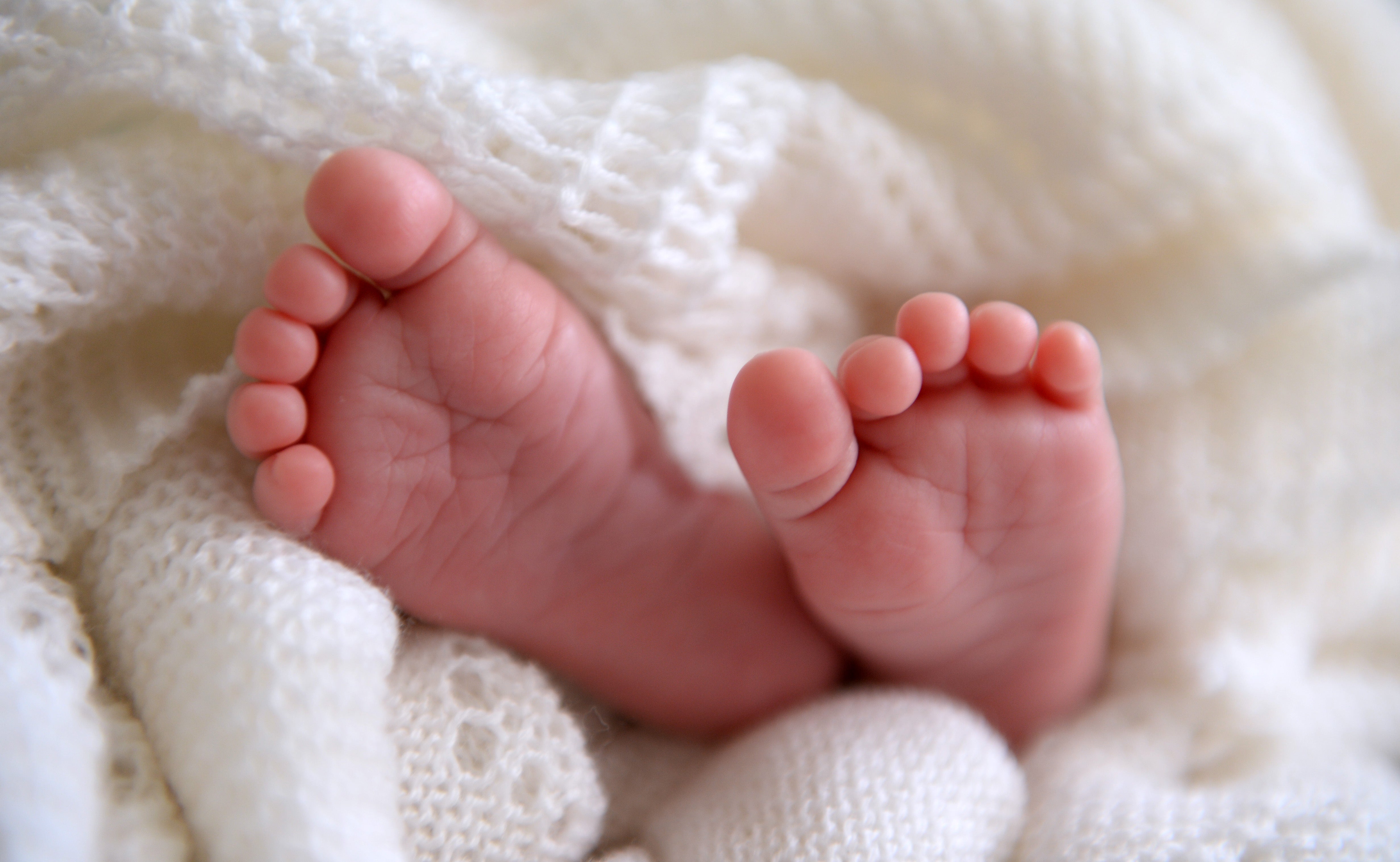Children born through surrogacy are ‘disadvantaged’ over rights issues
Ireland has no laws governing surrogacy.

Your support helps us to tell the story
From reproductive rights to climate change to Big Tech, The Independent is on the ground when the story is developing. Whether it's investigating the financials of Elon Musk's pro-Trump PAC or producing our latest documentary, 'The A Word', which shines a light on the American women fighting for reproductive rights, we know how important it is to parse out the facts from the messaging.
At such a critical moment in US history, we need reporters on the ground. Your donation allows us to keep sending journalists to speak to both sides of the story.
The Independent is trusted by Americans across the entire political spectrum. And unlike many other quality news outlets, we choose not to lock Americans out of our reporting and analysis with paywalls. We believe quality journalism should be available to everyone, paid for by those who can afford it.
Your support makes all the difference.Children born through surrogacy are “disadvantaged in a range of areas” as they do not have a legal relationship with one of their parents, an academic has warned.
Dr Lydia Bracken, from the University of Limerick, said that legislation needs to ensure intending parents are recognised as legal parents.
Ireland has no laws governing surrogacy.
Biological fathers of children born through surrogacy have more rights than the surrogate child’s intended mother or second parent.
The impact of this position on children born following surrogacy arrangements has been repeatedly highlighted, including by the Supreme Court, which has called on the Oireachtas to fill this legislative vacuum.
The joint Oireachtas committee debated children’s rights in surrogacy, as a Bill to regulate surrogacy is before the Oireachtas.
Currently, parents of children born through surrogacy have to fight for recognition of parenting rights before the courts.
Mothers or the second parent do not have basic rights.
Dr Bracken told the committee: “This regulation needs to ensure that the intending parents who care for the child from birth can both be recognised as legal parents; that the child’s right to identity is safeguarded; and that the child does not experience discrimination due to the circumstances of their conception.
“The current situation is that, without regulation, children born through surrogacy are disadvantaged in a range of areas as they do not have a legal relationship with one of their parents, either the intending mother or second intending father.”
Professor Conor O’Mahony, the special rapporteur on Child Protection, said that surrogacy is entirely unregulated in Irish law.
“The impact of this position on children born following surrogacy arrangements has been repeatedly highlighted, including by the Supreme Court which has called on the Oireachtas to fill this legislative vacuum,” he added.
He said that domestic surrogacy legislation should allow for a court application to be made before the conception of the child.
Addressing international surrogacy arrangements, he said that legislation should make provision for the intending parents to apply to the High Court for parentage and parental responsibility.
He said this should grant nationality and citizenship to the child and that such applications should be made before the child is brought into the jurisdiction.
Prof O’Mahony has also recommended that retrospective declarations of parentage should also be provided for.
He said it is unlikely the courts will strike down the legislation as unconstitutional, as the Supreme Court said surrogacy issues are a matter for the Oireachtas.
This is a deeply complex area and the current lack of regulation is not sustainable and leaves many families without recognition or protection in law.
Addressing the issues surrounding domestic and international surrogacy, he said: “What you want to create is a pathway that gets people to the same place, which is full recognition of family and full parentage and protection for right to identity.”
Dr Bracken warned there are some areas that are omitted from the proposed legislation.
“There’s a handful of pathways that are very clearly omitted from the legislation, in particular non-clinical donors fall outside of the framework in the 2015 Act,” she added.
“It raises children’s rights issues in regards to the child’s right to family life and having a legal relationship with the other parent, which the law does not recognise having legal rights to the child.
“That is an area we should be fixing.”
Labour TD Ivana Bacik said: “This is a deeply complex area and the current lack of regulation is not sustainable and leaves many families without recognition or protection in law.
“We have to change and legislate it.”